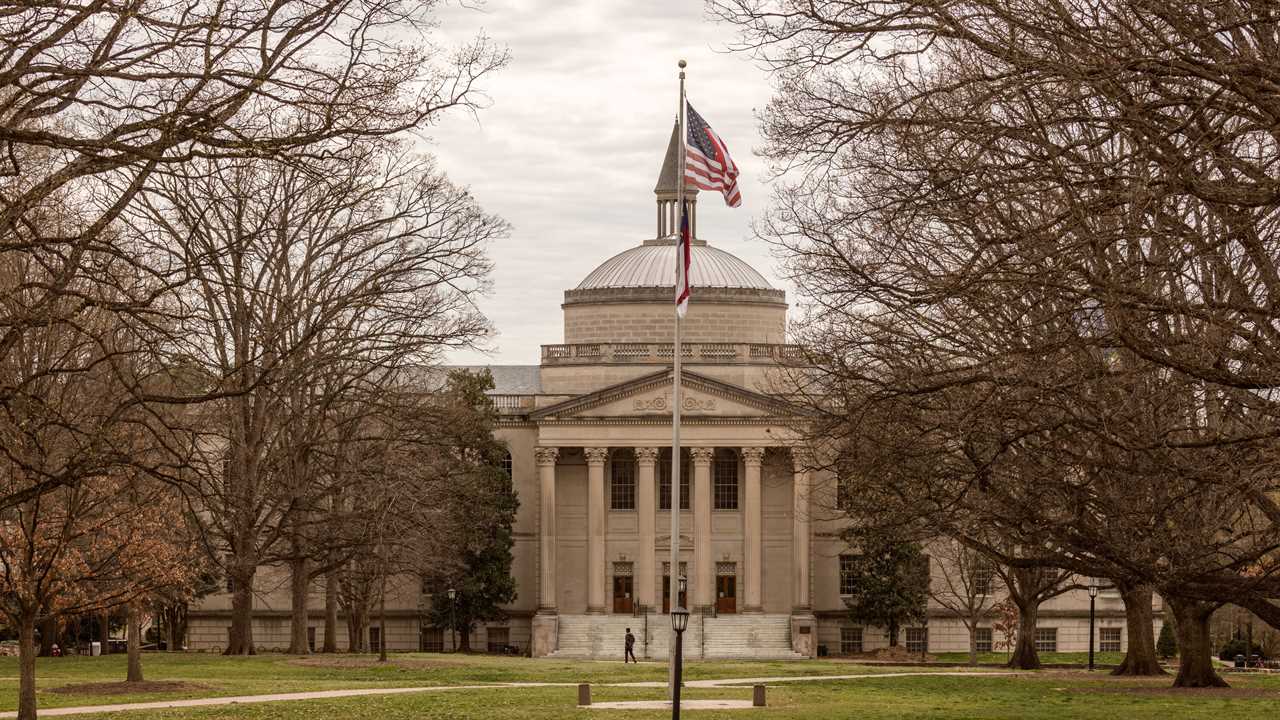
The University of North Carolina at Chapel Hill may continue using race as a factor in its admissions process, a federal judge ruled on Monday, rejecting the argument of a conservative nonprofit legal group that is attempting to dismantle college affirmative action policies across the country.
In her ruling, Judge Loretta C. Biggs said that the school’s use of race in deciding which students to admit was narrowly tailored, and that it had made an effort to consider race-neutral alternatives.
“U.N.C. has met its burden in demonstrating that it has a genuine and compelling interest in achieving the educational benefits of diversity,” said Judge Biggs of the U.S. District Court for the Middle District of North Carolina. She added that the “educational benefits sought by the university are concrete and measurable and are not elusory and amorphous.”
The plaintiff, a group called Students for Fair Admissions, vowed to immediately appeal, and the case appeared destined for the Supreme Court, which is currently considering whether to hear a similar case against Harvard University.
The organization is banking on a favorable ruling from the Supreme Court, which leans conservative by a 6-3 margin after President Donald J. Trump appointed Justices Neil M. Gorsuch, Brett M. Kavanaugh and Amy Coney Barrett.
Edward Blum, the founder of Students for Fair Admissions, said the group was disappointed with Judge Biggs’s decision and would appeal all the way to the Supreme Court if needed, where it would “ask the justices to end these unfair and unconstitutional race-based admissions policies.”
The legal standard governing racial considerations in admissions was established in 2003, when the Supreme Court ruled that a University of Michigan Law School admissions program did not violate the Constitution by giving special consideration to racial minorities, so long as it took into account other factors on an individual basis.
In a statement, Beth Keith, an associate vice chancellor at U.N.C., said: “This decision makes clear that the university’s holistic admissions approach is lawful. We evaluate each student in a deliberate and thoughtful way, appreciating individual strengths, talents and contributions to a vibrant campus community where students from all backgrounds can excel and thrive.”
Students for Fair Admissions had argued that the University of North Carolina considered race in an unlawful, heavy-handed way, tilting the scales in favor of underrepresented minorities, so much so that a mathematical model was able to predict with 90 percent accuracy whether a student would be admitted.
The school acknowledged using race as a criteria in admissions decisions — but not racial quotas — in order to increase campus diversity at North Carolina’s flagship public university. While race can be a “plus” for a given applicant, the university said, it is considered only in the context of “everything else known about an applicant.”
In testimony in a bench trial last fall, Steve Farmer, who was then North Carolina’s provost for enrollment and undergraduate admissions, said the university considered race only as part of a process that takes into account grades, test scores, extracurricular activities, socioeconomic status and family background.
The process had resulted in a racially diverse freshman class in 2019 that was 55.7 percent white, 12.3 percent Asian American, 9 percent Hispanic and 8.9 percent Black.
The ruling by Judge Biggs, who was appointed by President Barack Obama, was merely the latest defeat in a string of losses for Students for Fair Admissions and Mr. Blum in a decade-long quest to eliminate racial considerations in college admissions policies.
Mr. Blum had been behind similar action against the University of Texas. In a 4-3 decision in 2016, the Supreme Court shot down his claim, ruling that universities must be given substantial leeway in building their classes.
“Considerable deference is owed to a university in defining those intangible characteristics, like student body diversity, that are central to its identity and educational mission,” Justice Anthony M. Kennedy wrote in the majority opinion.
Students for Fair Admissions also lost at the lower and appeals court level in a more recent case against Harvard that turned on similar claims, claiming that the university discriminated against Asian American applicants. Judge Allison D. Burroughs of the U.S. District Court in Boston ruled that race was not a “defining feature” of Harvard’s admissions process, which she said was “not perfect.”






